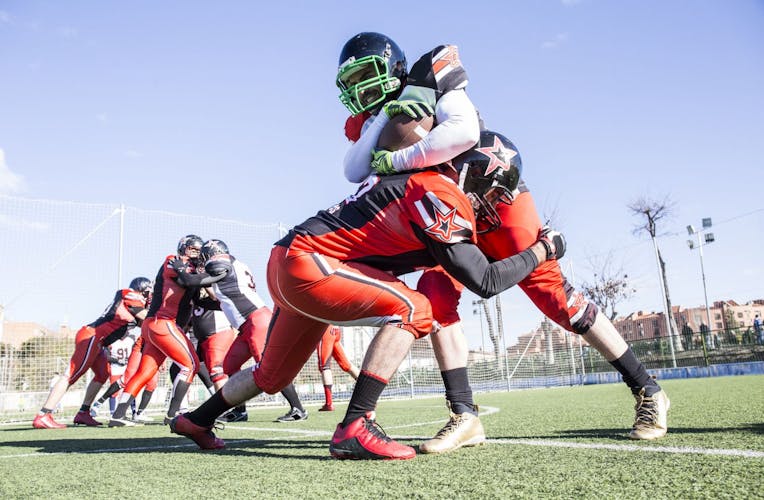According to the CDC, 2.87 million TBI-related emergency department (ED) visits, hospitalizations, and deaths occurred in the United States in 2014. Concussions are considered a type of mild Traumatic Brain Injury (TBI); while there is no structural damage, there is a temporary chemical imbalance/flux . The CDC further describes concussions as “any bump, blow, or jolt to the brain or body that causes the head and brain to move rapidly back and forth”. Common causes of concussions include the following: sports and recreation, falls especially with elderly population, car accidents, and military blasts/blunt trauma.
Breaking the Concussion Myth
The common misconception with concussions is that they are not a “big deal” and someone can return-to-game, work, or combat/service without taking the necessary steps to help relieve post-concussion symptoms. During the first 24 hours, it is most important to eliminate the potential risk of a second concussion. The brain is at a highly vulnerable for what we call “Second Impact Syndrome” which can cause further – and more[JD3] severe – brain injury and potentially even life threatening. Multiple concussions can also cause more and more symptoms and prolong recovery.
Concussions are not just “your bell got rung”! We need to encourage athletes, military, and the community to listen to their bodies, and if they suspect a concussion speak up and take action. Managing your concussion symptoms may be able to return[JD4] to activity sooner and drastically reduce their time needed to recover as well as reduce the likelihood of having chronic symptoms.
What to Do Immediately After a Concussion
Immediately after a concussion, your brain goes through a flux of chemical imbalances that are at its peak for the first 24 hours and can last up to 7-10 days post-concussion. During this time, someone may experience any of the following symptoms:
| Physical/Postural | Cognitive |
Emotional | Sleep |
| -Headache -Nausea/vomiting -Light sensitivity -Eye problems -Dizziness -General unsteadiness -Fatigue -Feeling dazed |
-Mentally “foggy” -Feeling slowed down -Answer questions slowly -Difficulty concentrating -Forgetful -Repeats self -Drop in academic performance |
-Irritability -Sad/Depressed -Personality changes -Anxiety -More/less emotional |
-Drowsy -Sleeping more/less -Difficulty falling asleep or staying asleep |
With current research, complete mental and physical rest is recommended for the first 24-48 hours after a concussion. During this time, it is very important that an athlete not return to play until cleared by a medical provider! After 48 hours, someone can gradually re-engage back into their normal daily activities. It is recommended to schedule half days when returning to work or school as well as allowing breaks as needed throughout the day. In order to manage symptoms and avoid the snowball effect, use the “Rule of 3’s”. This means stopping any activity that is increasing symptoms >3 points from your “baseline” (on healthcare’s 0-10 scale).
When to Seek Further Concussion Treatment
Someone should seek emergency medical care if they suspect skull fractures, potential spinal cord injury, significant loss of consciousness, worsening mental status, seizures, or persistent vomiting. Even have a family member or friend help monitor things! Medical doctors should be the primary team member to manage and follow-up regarding “return to play”, “return to work”, and “return to learn/school” considerations.
Typically, we recommend pursuing Physical Therapy, specifically concussion-based rehabilitation, after ~1 month of persistent symptoms. Physical Therapy can help with headache management, dizziness/unsteadiness, light/noise sensitivity, eye problems, visual over-stimulation, and coordination/processing speed. It is recommended to find a Physical Therapist in the area that is knowledgeable and has experience with concussion rehabilitation. These types of experienced therapists will be able to make an individualized concussion treatment plan that are specific and directed toward the patient’s goals. Post-concussion rehab can last anywhere from 1 month to > 6 months.
Other team members may include neuro-psychologists who perform neuro-cognitive screening and assessment, ophthalmologist for continued eye problems, speech therapy for continued cognitive deficits, athletic trainers to help assist return to play, and teachers/coaches/employers to construct appropriately paced return to activity.

